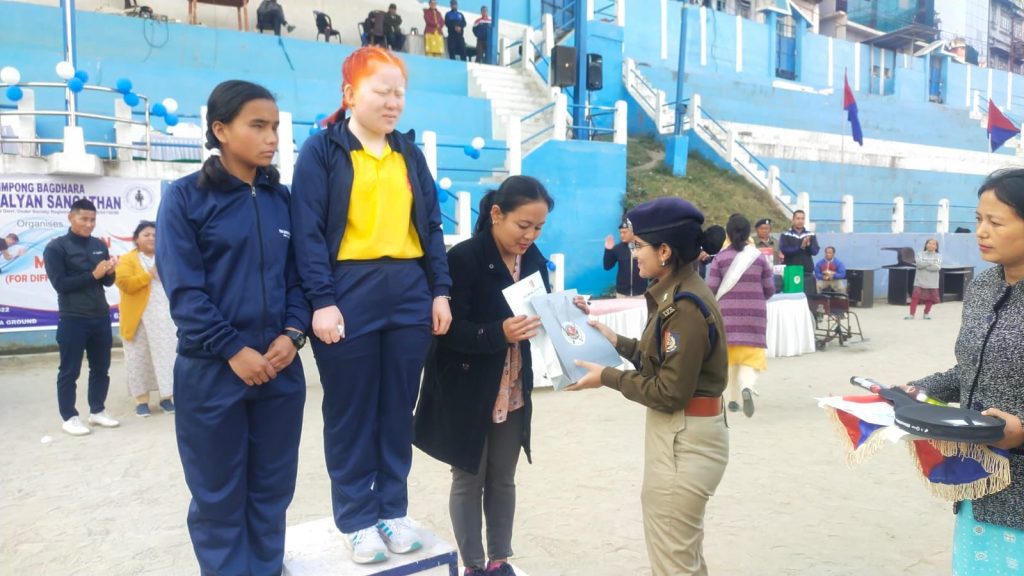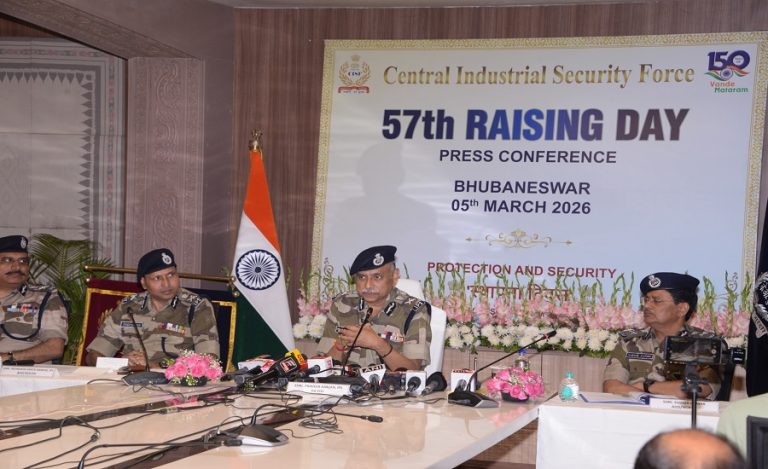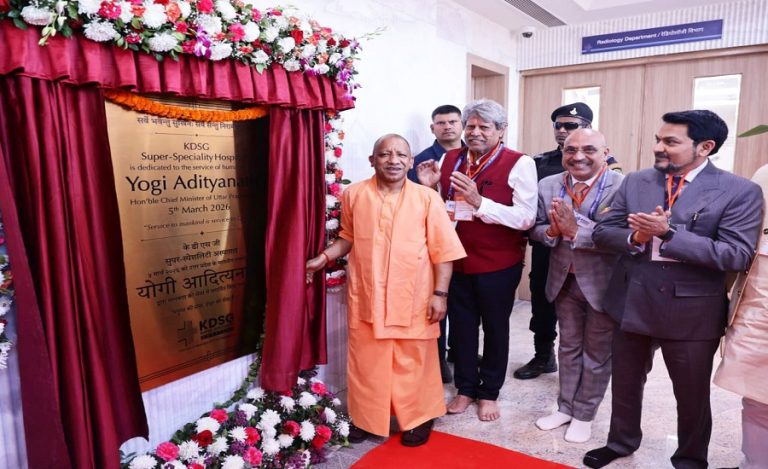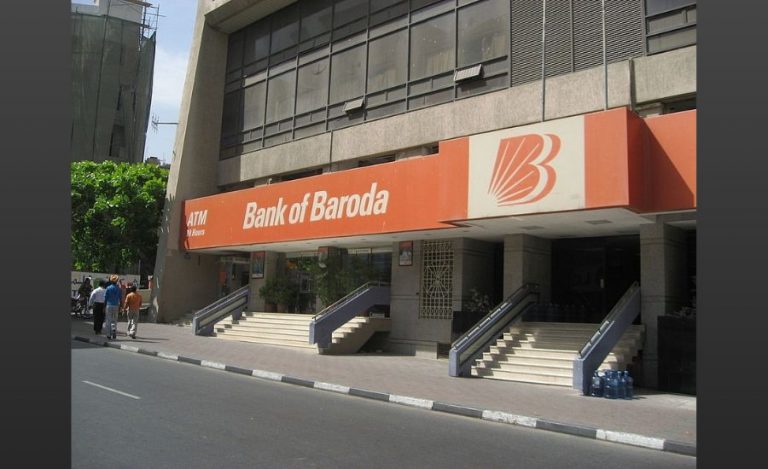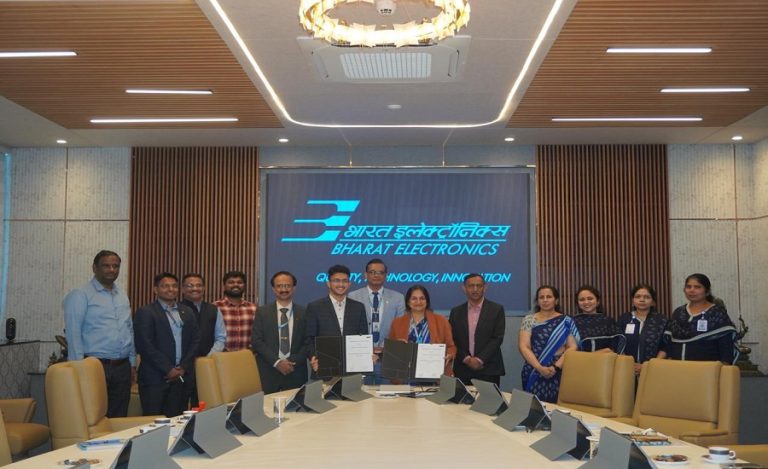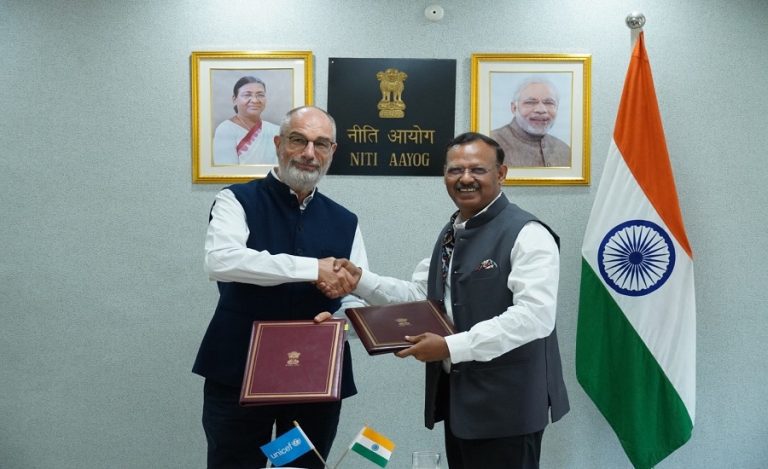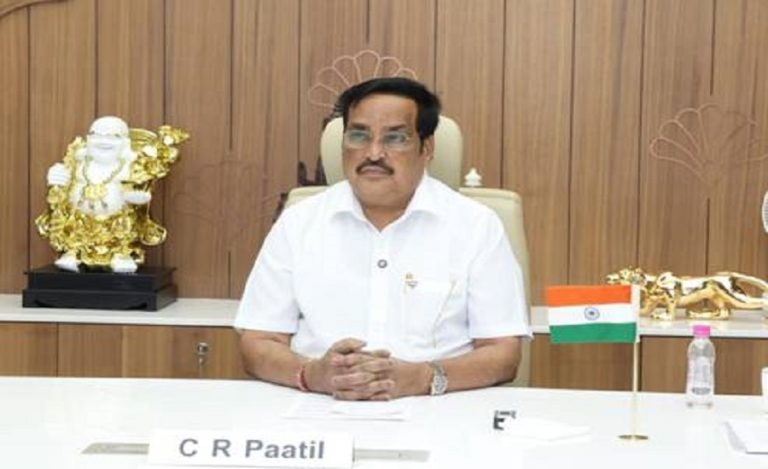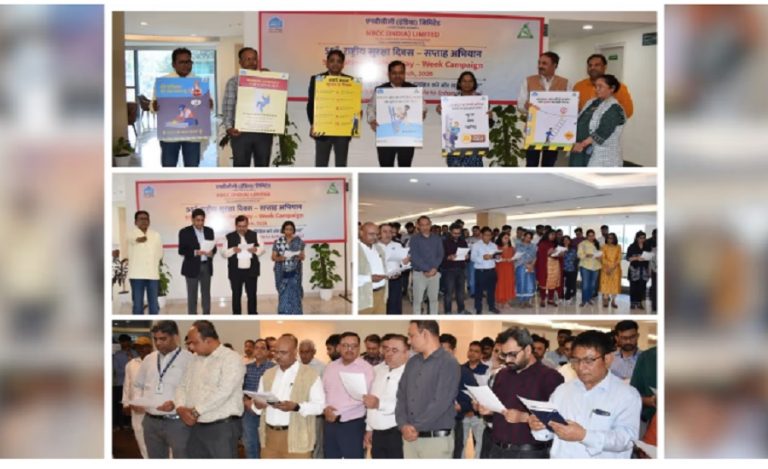A crippled person completes a 1.5 km ‘marathon’ in 15 minutes flat. A woman defeats several men in arm wrestling. And a young boy hurls a shot put to a remarkable distance. They could well bid for a place in India’s team for the Olympics for the disabled, called the Paralympics. These incredible stories were written at a sports event organized at Kalimpong (West Bengal) by the Superintendent of Police (SP) Ms Aparajita Rai on December 12 in a bid to mark World Disability Day, which falls on December 3rd, every year.
The modified versions of traditional sports allowed people with physical, visual, or intellectual disabilities to participate, feel included and showcase their talent.
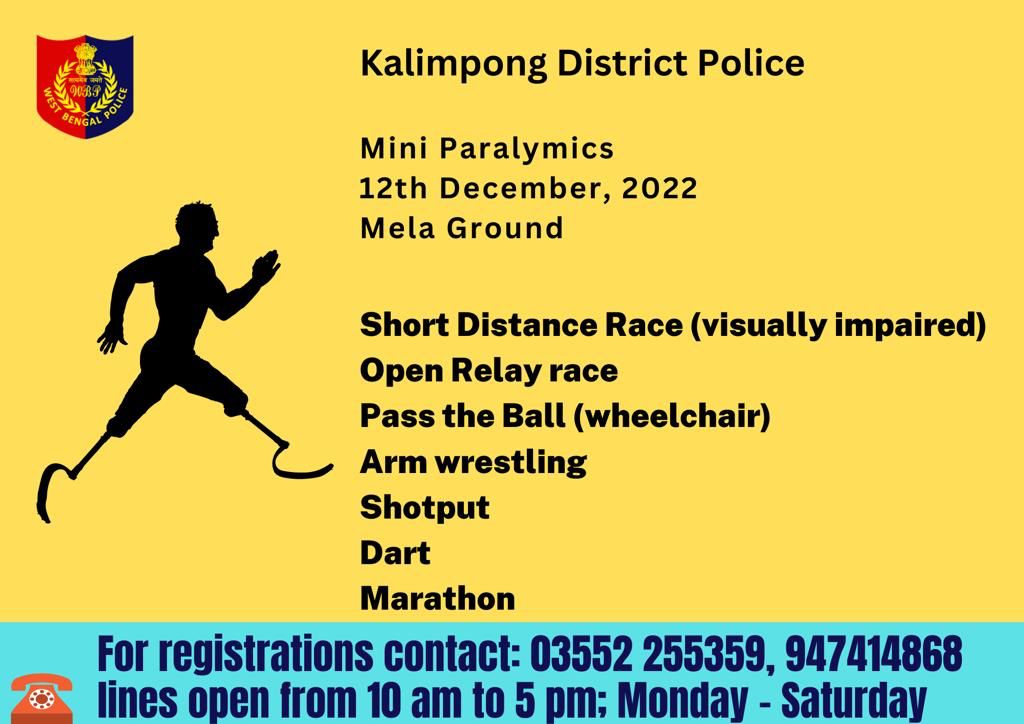
SPORTS FOR THE DIFFERENTLY ABLED
The idea struck Ms. Rai when an NGO approached her for a blanket-distribution program for the specially abled on the occasion of World Disability Day. She questioned the program’s objective and condemned the idea of portraying people with disabilities as people with needs.
She wanted to empower the differently abled and boost their morale. That’s when she converted the ceremonial annual rally into a sports competition.
“So many players from our country are winning gold in the Paralympics so why can’t we hunt for similar talent at a local level? There may be many others around us who have the same gift but are ignorant of what they are capable of since they have never had the opportunity to showcase their abilities in front of everyone,” Ms. Rai shared in an exclusive conversation with Indian Masterminds.
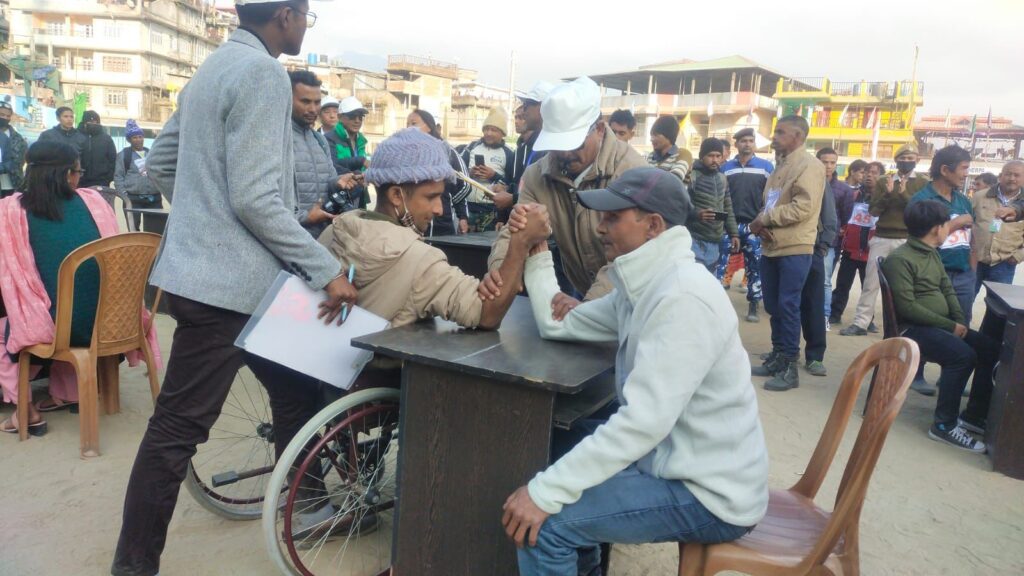
THE EVENT
It took her some time to research since they had to make some changes in the para-sports activities, compared to traditional activities. From disability ranges – partial disability to fully disabled, Ms. Rai grasped every aspect of the sport and planned the competition accordingly so that no one felt left out during the event.
She enlisted help from the local blind schools and the academy for the deaf and dumb and other disabilities, to make foolproof arrangements.
“It was such an eye opener for us to understand how something as minute as a race is different for a blind person in comparison to a mute or deaf person, and how we needed to work in a way that could make everyone feel involved,” shared the officer.
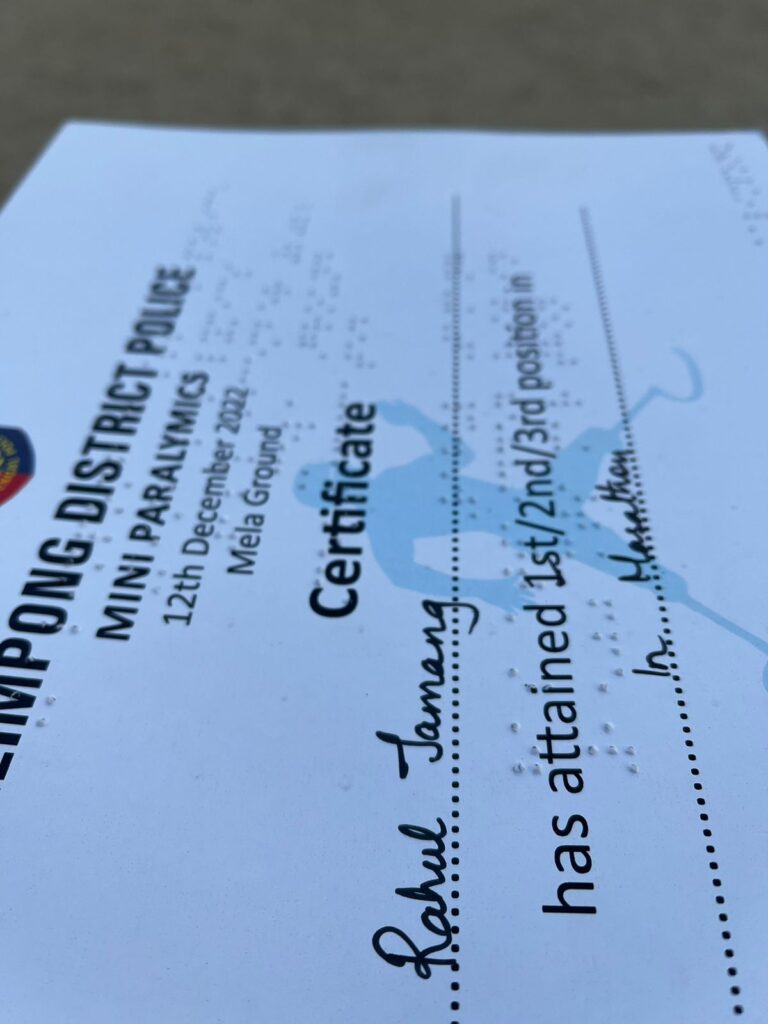
THE D-DAY
Over 210 specially-abled persons from across the town participated in the event. Ms. Rai deployed vehicles to remote areas to bring the participants. The contestants included people as old as 75–85 and as young as eight years.
“Some of them came up to me and told me that this was the first time that they had stepped out of their homes to attend a public program as they were never invited to one before,” said an emotional Ms. Rai.
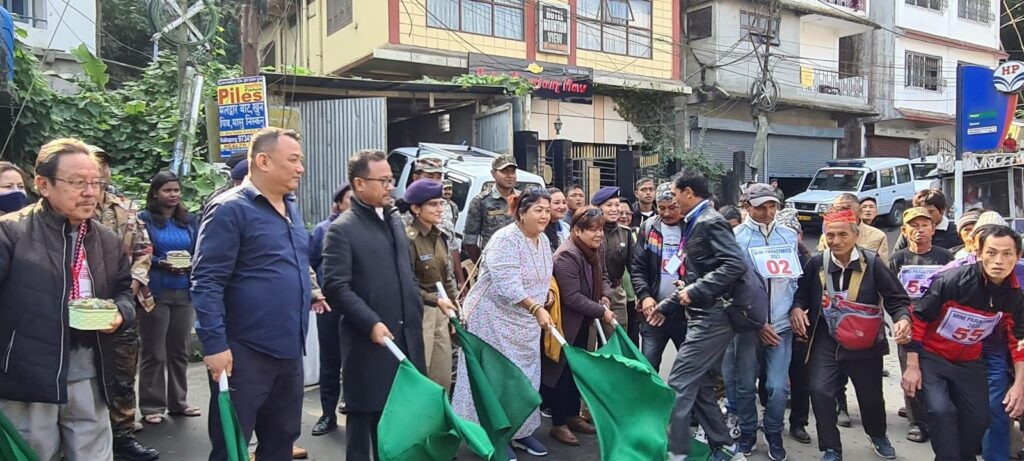
The person who won the 1500-meter marathon was partially crippled. He surprised everyone by finishing it in 15 minutes flat, though the time limit set for the race was one hour. Ms. Rai’s assumption that she would have to stop traffic for the race was also belied by enthusiastic participants.
Besides this, the marathon competition also included dart throwing, shot put, arm wrestling, passing the ball, an open relay race, and a short-distance race for the visually impaired.
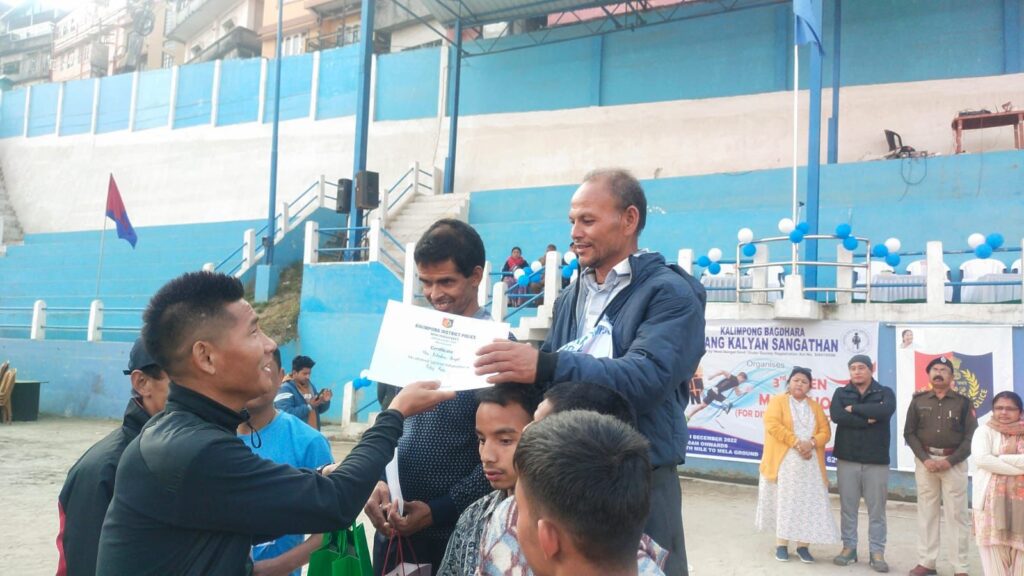
GENDER NEUTRAL ACTIVITIES
Ms. Rai chose to keep the event gender-neutral, giving both men and women an equal chance to engage in the activities. She was overjoyed to see a woman defeat other males to take second place in the arm-wrestling competition.
In another instance, she came across a boy who took part in the shot put and threw the heavy ball so far that it was remarkable to witness it. She decided to get in touch with him later and see if they could harness his skills and provide him with more exposure.
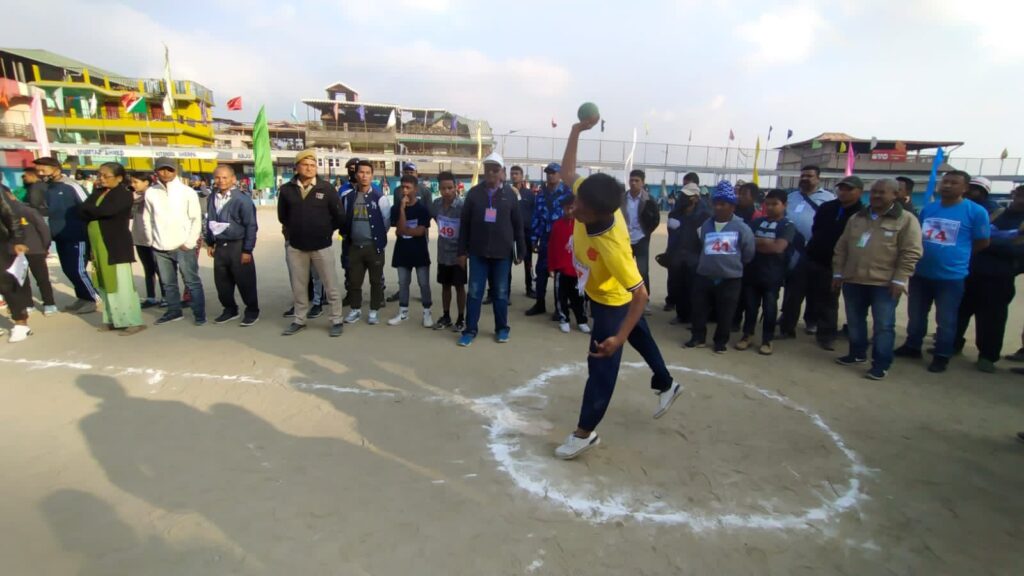
Certificates presented for the visually impaired races and activities were in Braille and they were presented with gadgets like Alexa, as prizes for their wins.
“It was a lovely experience and we could see their excitement to come back next year. We would organise this event every year now,” Ms. Rai told Indian Masterminds.

